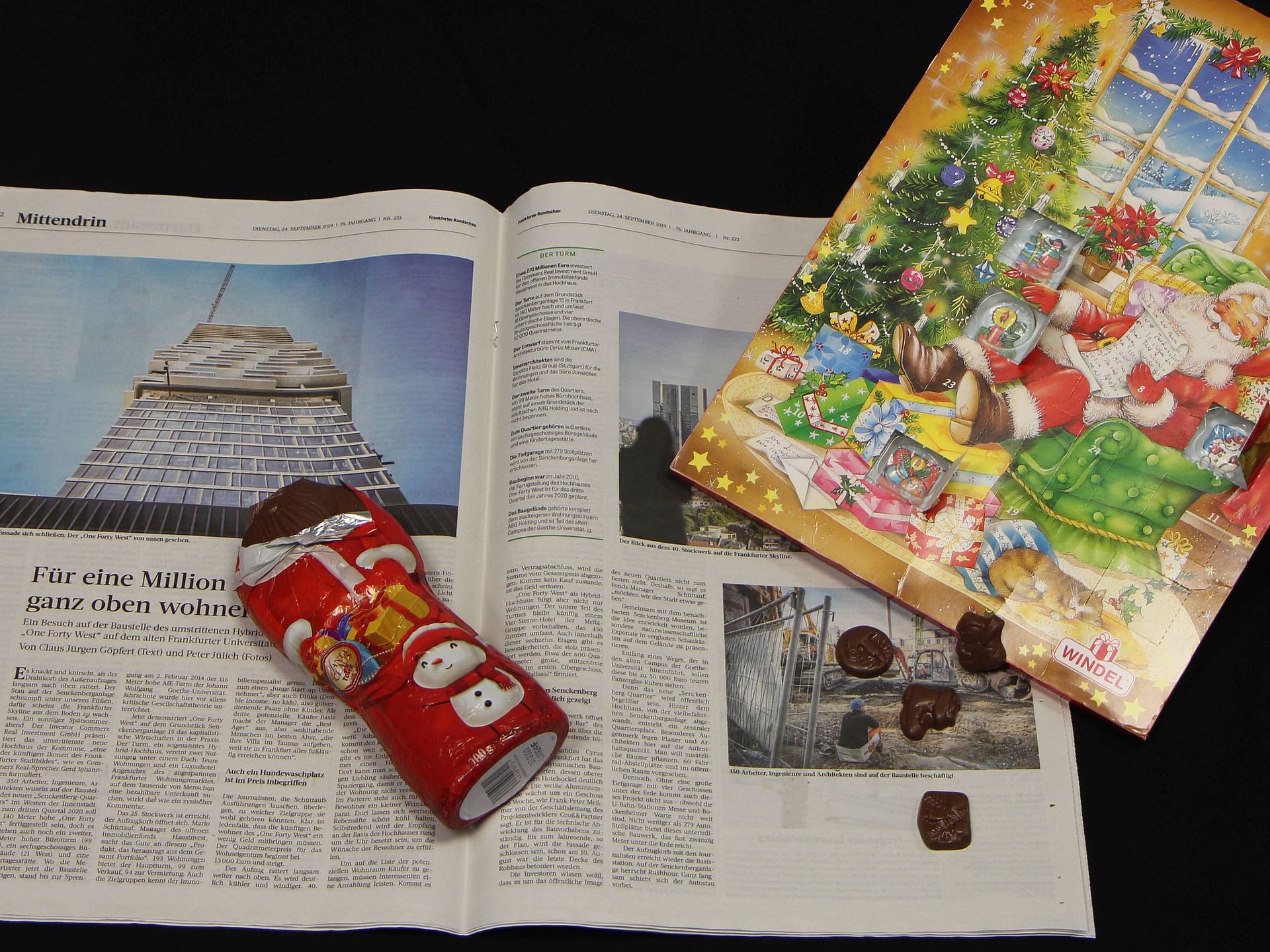Topic of your interest
Material compatibility and deinking of mineral oil free Coldset inks
Short name: Deinakbility of mineral oil free Coldset inks
Fogra no. 52.039
Project leader: Dr P. Stolper
Partner: Technische Universität Darmstadt - Fachgebiet Papierfabrikation und Mechanische Verfahrenstechnik (PMV)
Funding: BMWK (IGF) via AiF
Timescale: 01.03.2021 - 28.02.2023
In recent years, there has been frequent discussion about the problem of mineral oil components in recycled paper and board, which can pass into packaged foodstuffs and whose cause lies largely in the coldset printing inks that re-enter paper production via the waste paper cycle. Therefore, the need for mineral oil free Coldset inks is growing, especially since there are efforts in Germany and France to make mineral oil free inks mandatory. For small and medium print shops in particular, which base their existence on the manufacture of eco-labeled products, this development entails financial risks.
There is a clear need for development, particularly in the area of mineral oil free Coldset printing inks. Compatibility with the elastomer materials used in printing presses is not guaranteed with sufficient certainty and can lead to high costs in the event of damage. In addition, the necessary, good deinkability of printed products made from mineral oil free printing inks is currently not guaranteed.
Solution steps
The following steps are necessary to achieve the targeted results of the research project:
Identification of parameters that are important for the deinking process
Printing tests with defined modified printing inks
Evaluation of the results with regard to the influence of individual components on deinking and thus optimization of the printing inks
Determination of the swelling behavior with known materials
Development and evaluation of a new roller test kit
Targeted results
One objective is to develop a new set of reference materials for carrying out swell tests with offset printing inks, as the set of test materials established in the industry for many years is no longer up to date. For ink manufacturers, this means an essential support in the development of new ink formulations. Furthermore, knowledge is to be gained about the effect of the oils used on rubber materials in order to be able to modify printing inks more specifically and to ensure compatibility with elastomers.



